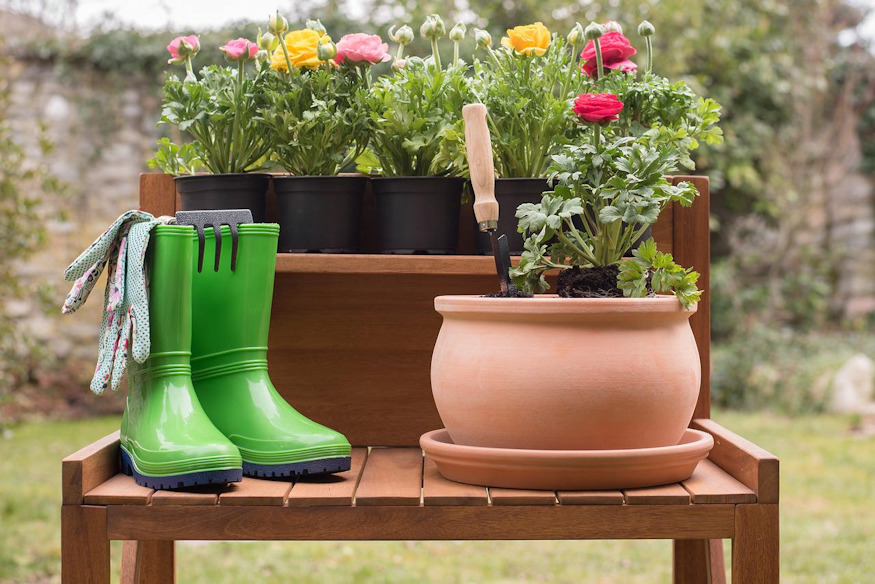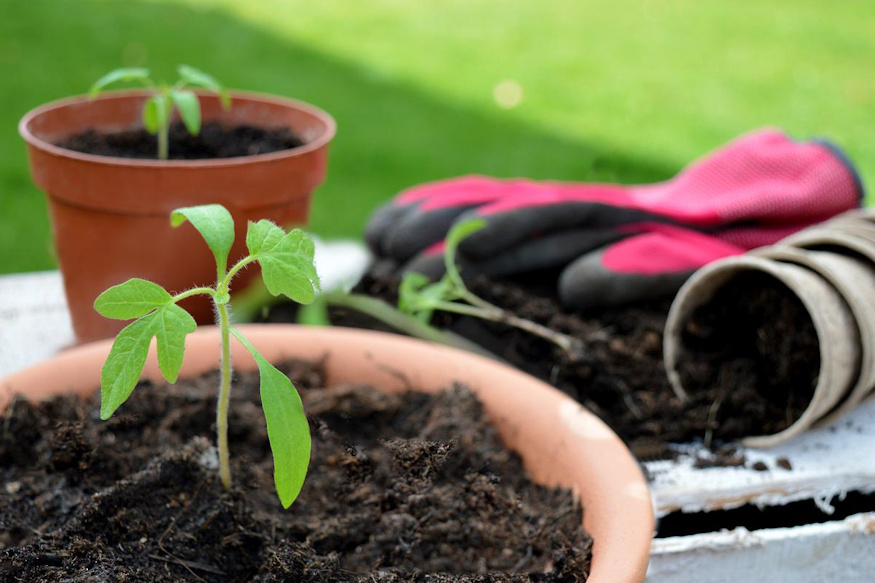Gardening has been found to have numerous benefits for mental health, some of which include:
1. Stress Reduction: Gardening has been shown to reduce cortisol levels, the hormone associated with stress. This can lead to a decrease in anxiety and an improvement in overall mood.
2. Increased Physical Activity: Gardening involves a range of physical tasks, such as digging, planting, weeding and watering, which can provide moderate exercise and help improve fitness levels. Gardening can provide a moderate form of exercise, which is known to release endorphins and reduce feelings of depression.

3. Improved Self-Esteem: Gardening can provide a sense of accomplishment and self-esteem as individuals watch their plants grow and flourish.

4. Connection to Nature: Gardening allows individuals to connect with nature, which has been shown to have a positive effect on mental health, including reducing symptoms of depression and anxiety.

5. Mindfulness and Relaxation: Gardening requires individuals to focus on the present moment, which can be a form of mindfulness. It can also be a relaxing and meditative activity.

6. Sense of Accomplishment: Planting and caring for a garden can give a sense of accomplishment and pride, which can improve self-esteem and overall well-being.
7. Social Connection: Gardening can be a social activity that promotes community and social connections, which can have positive effects on mental health and overall well-being.

Overall, gardening can be a rewarding and therapeutic activity that can improve both physical and mental health and well-being.









